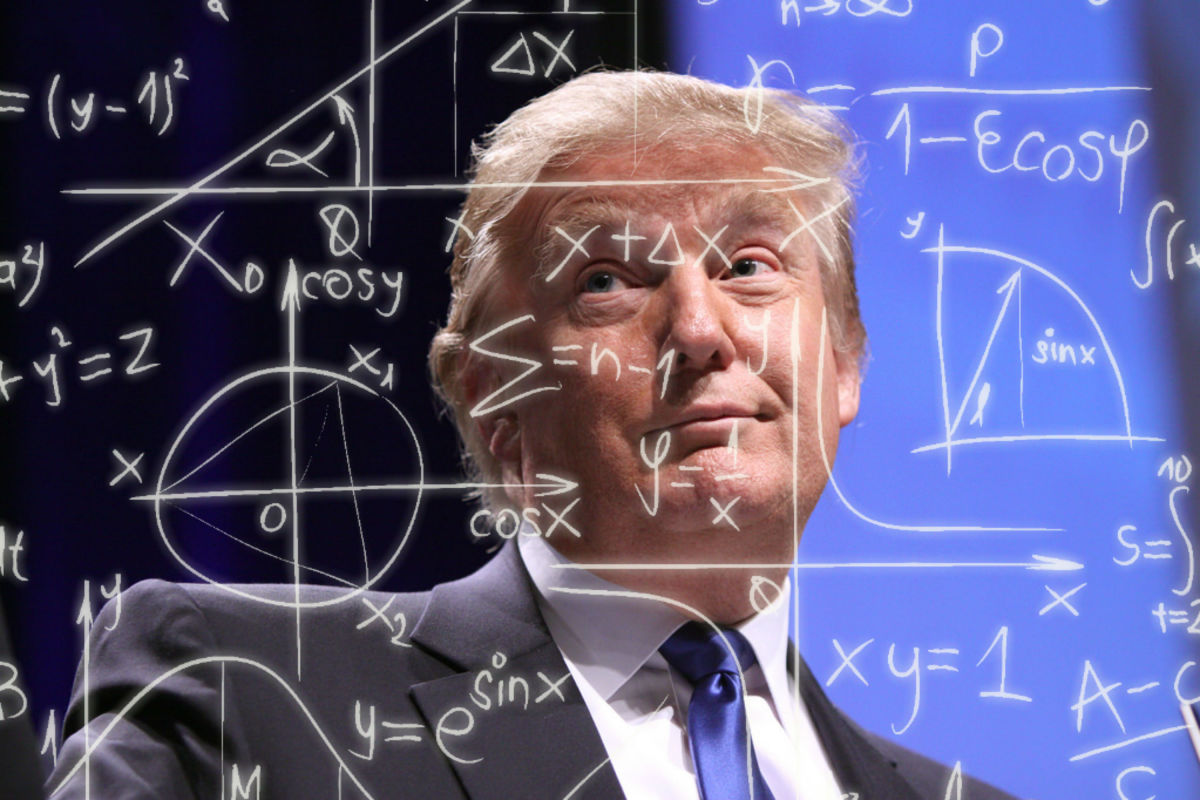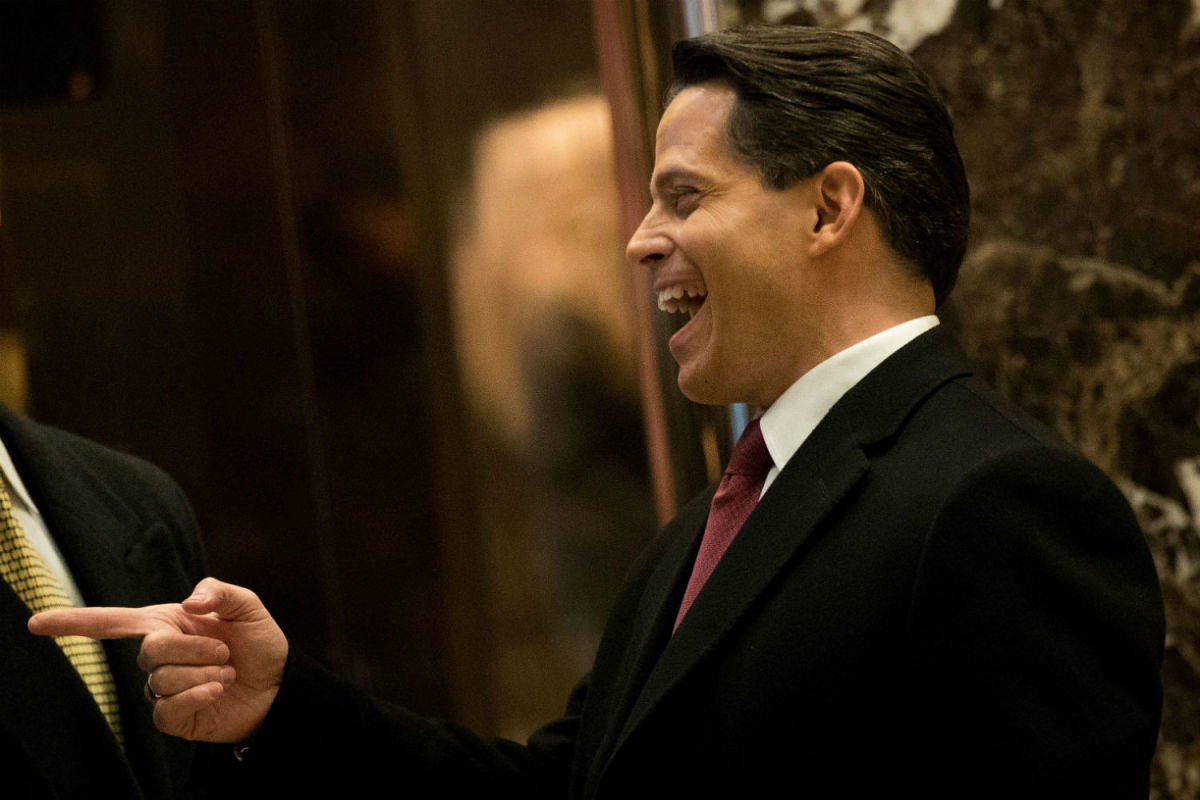
Newsletter Signup
Subscribe and get breaking news, commentary, and opinions on law firms, lawyers, law schools, lawsuits, judges, and more.
We will never sell or share your information without your consent. See our privacy policy.

Subscribe and get breaking news, commentary, and opinions on law firms, lawyers, law schools, lawsuits, judges, and more.
We will never sell or share your information without your consent. See our privacy policy.

Joe and Elie chat with Rich Douglas, COO of Themis, about the bar exam and how to conquer it. Rich also tells us about the Themis Law School Essentials program of free review materials for law school courses and we discuss the impact the GRE is going to have on law school admissions.
The funeral procession for the use of search terms to find relevant documents in electronic discovery started a long time ago. I think it began with Judge Peck’s DaSilva Moore opinion in 2012. So, why is it then that eight years later, search terms remain the number one means for identifying the relevant, non-privileged, and proportional information in discovery?
I asked a few experts in the eDiscovery field this precise question, and here’s what they told me.
George Socha, co-founder of the EDRM and now managing director at BDO:
The reports of search terms’ death are, as Mark Twain supposedly quipped, ‘greatly exaggerated.’ The effective use of search terms (by which most mean, I suspect, Boolean searching) long has been and continues to be a powerful tool with a wide range of highly effective applications. Were we to lose the ability to deploy search terms, we would be severely constrained in our quest to find the data that matters most.
Craig Ball, Texas attorney, professor, and forensic technologist:
Blame it on Google . . . or Westlaw . . . or Lexis . . . or any of the countless places that have conditioned us to use and trust keyword search. Because lexical search reliably shows us examples of what we seek but not what we are missing, it feels like it works. Of course, discovery isn’t about finding examples; it’s about retrieving as much responsive information as can be found. On that score, keyword search performs poorly, but it’s the devil we know.
Tom O’Connor, consultant and veteran eDiscovery practitioner:
Tools like technology-assisted review and analytics are still black box mysteries to most attorneys. The lack of standards, a dearth of open discussion, pricing disparities — these all lead to one big ball of confusion. And it’s common to say that law schools don’t teach technology. But the one thing they do teach is search. Every law student is given a Lexis or Westlaw account and they know how to search the internet and their own email. So, they can use a simple, easy to understand technology that they’ve been using for years or a complex, inordinately expensive tool that no one can adequately explain. Do the math.
So, what’s wrong with using search terms? Well, the use of search terms to locate relevant material in electronic discovery is fraught with potential error. Search syntax, misspellings, and the vagaries of the English language all render searches that are not adequately vetted unreliable.
On the other hand, the more advanced tools making use of AI, machine learning, and analytics are expensive, and some tools require nothing short of a data science expert to understand the outcomes.
I took part in a nearly two-year long project with the EDRM, the outcome of which was the development of TAR Guidelines published by the EDRM earlier this year. One of the principal issues we were trying to address and rectify is the reticence of practitioners — lawyers, specifically — to adopt and more widely use TAR tools. More than once during the debate and writing of that paper the subject of search terms arose, not so much as a substitute for TAR, but as this sort of nagging alternative that prompted more questions than we wanted to answer given the focus of our task.
And so here we are, nearly a year later, and what has changed since the EDRM TAR Guidelines paper was published? Despite recent studies by Research and Markets suggesting that the global legal technology artificial intelligence market is expected to grow from $3.2 billion in 2019 to $37.8 billion in 2026, a CAGR of nearly 36 percent, the use of TAR and advanced analytic tools in legal discovery remains fairly low.
Clearly, part of the problem is education. As Tom and Craig point out above, search is taught at an early age and the use of Boolean search proliferates throughout law school. What’s missing in law school curricula is the mandatory inclusion of advanced technologies like machine learning and analytics tools that would render a newly minted lawyer more technologically competent. With new bar association technical competence and ethics rules arising around the country, it’s kind of surprising that law schools and technology companies have not gotten the message in this regard.
I also feel like there’s a lot of stale if not obsolete information available to practitioners that do not help advance the cause. Consider the recent decision in Nuvasive, Inc. v. Alphatech Holdings, Inc., No. 18-CV-0347 (S.D. Ca.) (10/7/2019), where the parties to a patent litigation got into a discovery dispute about the use of search terms. The dispute stemmed in part from the parties’ consideration of a model order on electronic discovery, fashioned under a local rule, that required the requesting party to identify custodians and search terms and limited searches to five custodians and five search terms per custodian.
That is simply not a way to conduct discovery. Finding that it is the responding party who is best situated to evaluate the means for identifying and preserving ESI, the court held that local model order to be flawed and inconsistent with Rule 34. “[N]othing in Rule 34 requires a requesting party to identify custodians or search terms,” the court ruled. The court also observed:
“[T]he world of electronic discovery has moved well beyond search terms. While search terms have their place, they may not be suited to all productions. Technology has advanced and software tools have developed to the point where search terms are disfavored in many cases [citing DaSilva Moore]. The Model ESI Order, in its reliance on search terms, is obsolete.”
So, the courts need to play a larger role in advancing technology competence as well. They can do so with rulings like this and by encouraging parties in discovery to put aside their partisan positions, actually cooperate in the phase of litigation which no one really enjoys, and make real the “just, speedy and inexpensive” provisions in Rule 1 of the FRCP.
Search terms are not dead yet, but it’s clear there are alternatives that should be explored.

Mike Quartararo
Mike Quartararo is the President of the Association of Certified E-Discovery Specialists (ACEDS), a professional member association providing training and certification in e-discovery. He is also the author of the 2016 book Project Management in Electronic Discovery and a consultant providing e-discovery, project management and legal technology advisory and training services to law firms and Fortune 500 corporations across the globe. You can reach him via email at mquartararo@aceds.org. Follow him on Twitter @mikequartararo.


— Wachtell partner (and Kellyanne Conway’s spouse) George Conway, in a Twitter thread about today’s impeachment hearings. When Rep. Devin Nunes’s distaste for the media became apparent, Conway brought up Nunes’s lawsuit against an internet satirical cow.

19.11.2019 20:01
Video emerges showing Jonathan Moyo fleeing Zimbabwe on a motorbike into Mozambique
Jonathan Moyo
Post published in: Featured
Former prosecutor Matthew J. King went to prison a few years back after he met a guy at a strip club who he thought was a cocaine dealer. It turned out, the guy was an informant wearing a wire and he recorded King explaining a plot to launder $20,000 of supposedly ill-gotten gains through his attorney trust account.
Some of you may remember this as the scheme Saul Goodman employed to clean up Walter White’s assets in Breaking Bad. Basic cable is of course not the best source for criminality tips — those should come from acknowledged experts — and law enforcement was more than prepared to suss this one out. This is so obvious that in Office Space they had to lampshade the idea of stealing a plot from a movie by claiming Y2K would throw enforcement efforts off their trail.
King tussled with the feds, challenging a conviction that wouldn’t allow him to confront the informant in court. The Sixth Circuit explained that the rest of the evidence was more than enough to sustain a conviction and there’s no special right to confront every possible witness — a holding that makes a lot of sense and will probably fall apart when the Supreme Court decides it’s inconvenient for this administration. When all was said and done, King was sentenced to 44 months and served half of his sentence before getting out last summer.
Today, the Ohio Supreme Court decided that this sort of behavior couldn’t be allowed to stand and indefinitely suspended King’s law license. It’s actually a win for King, who has the option to apply for reinstatement down the road, with his AA sponsor supporting King’s argument that his transgressions stemmed from an alcohol addiction that he’s now dealing with.
And generally speaking permanent bans are bad. People should always have a shot at getting back in the good graces of the profession and whether or not he can ever convince the court that he’s fully prepared to come back is a question for another day. Still, if there were ever a case for a permanent canceling it’s got to be “using your law license to help people commit crimes.” I suspect King’s going to have a hard time winning over future panels when he applies.
 Joe Patrice is a senior editor at Above the Law and co-host of Thinking Like A Lawyer. Feel free to email any tips, questions, or comments. Follow him on Twitter if you’re interested in law, politics, and a healthy dose of college sports news. Joe also serves as a Managing Director at RPN Executive Search.
Joe Patrice is a senior editor at Above the Law and co-host of Thinking Like A Lawyer. Feel free to email any tips, questions, or comments. Follow him on Twitter if you’re interested in law, politics, and a healthy dose of college sports news. Joe also serves as a Managing Director at RPN Executive Search.

(Image via Getty)
According to the Princeton Review’s 2020 law school rankings, which law school has the best quality of life?
Hint: The ranking is based upon student ratings of the beauty, safety, and friendliness on campus.
See the answer on the next page.


Lawyers today are inundated by an endless stream of hype aimed at getting them to embrace the latest technological flavor-of-the-month: AI! Predictive Analytics! 5G! Blockchain! And on and on… Overlooked amidst the buzz is the indisputable fact that, for a legal practice, there is no more important piece of technology than… the telephone. You may license the most cutting-edge practice management platform, but if your phone system is outdated, overpriced, and immobile, then your client service will suffer and along with it, your bottom line.
Join us on Thursday, December 5 at 4 p.m. EST and learn how to optimize your practice’s phone system. Learn from the experts from our friends at Ooma all about the benefits of a truly efficient, economical phone system fully integrated into your attorney workflow.
This webinar will be moderated by Jared Correia and is eligible for 1 hour of CLE credit (NY, NJ, & California only).